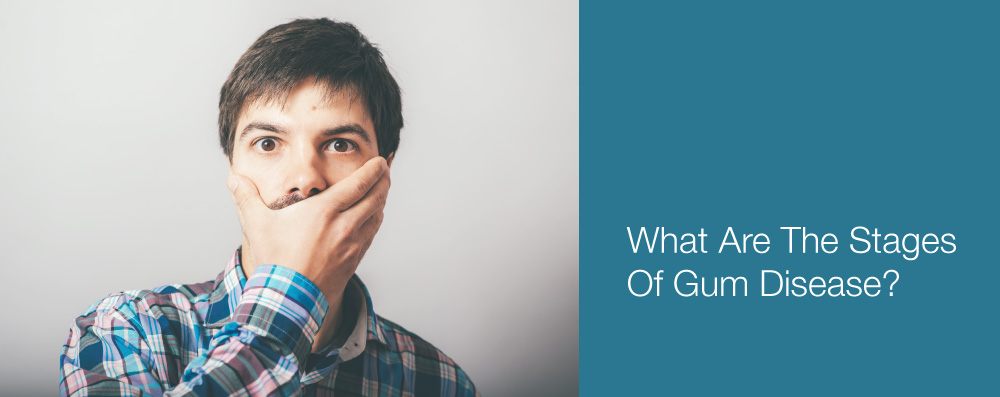
In order to achieve a sparkling smile, you’ll need to treat your teeth to more than just regular brushing. Healthy teeth start with healthy habits — from your brushing routine to the foods you should and shouldn’t eat.
"Your mouth is your body’s initial point of contact with the nutrients you consume," says Kimberly A. Harms, DDS, a spokesperson for the American Dental Association (ADA). "So naturally, what you put in your mouth impacts not only the health of your teeth and gums, but also your overall health." That includes beverages, the type and frequency of snacks, and even the gum you chew.
It’s important to go beyond brushing and change your daily habits to get the bright, healthy smile you want. Here's how:
- Avoid enamel damage. The layer of protective enamel on your teeth is your first defense against cavities, but certain foods and drinks strip it away, putting your smile at risk. Opting for sugar-filled sodas, sticky sweets (such as taffy), sweetened fruit drinks, and sugary snacks promotes tooth decay, Dr. Harms says. "When you eat sugary foods or sip sugary drinks for long periods of time, plaque bacteria use that sugar to produce acids that attack your enamel." Be sure to read food labels and choose foods that are lower in sugar.
- Eat nutrient-rich foods. Your teeth need nutrients to stay strong, white, and cavity-free. "For good dental health, it’s important to eat a variety of foods from each of the five major food groups," Harms says. This ensures that your teeth get the essential nutrients they need. Calcium, found in dairy products and leafy greens, is especially important for your teeth. Phosphorous, which can be found in proteins such as eggs, fish, poultry, meat, and dairy, is also essential. Both of these nutrients help protect and restore the enamel on your teeth, according to the ADA.
- Limit snacks. Too much snacking isn't only bad for your waistline; it's bad for your smile, too. "Foods eaten as part of a meal cause less harm to teeth than eating lots of snacks throughout the day do because more saliva is released during a meal," Harms says. "Saliva helps wash foods from the mouth and lessens the effects of acids, which can harm teeth and cause cavities." Some snacking is inevitable, so make sure to opt for something healthy such as cheese, veggies, nuts, or fruit, the ADA recommends.
- Don’t smoke or use tobacco. Smoking and using any kind of tobacco stains your teeth, but it also affects your whole mouth, the ADA says. It causes gum disease, which can lead to tooth loss as well as oral cancer. If you have oral surgery or a tooth extraction, smoking can slow your healing time. If you smoke or use other tobacco products, find a plan that works for you to quit. Ask your doctor or dentist for help or look for local or online quit programs.
- Limit teeth-staining culprits. Your favorite beverages might be dulling your smile. Coffee, tea, and red wine are some of the biggest culprits, Harms says. "They have intense color pigments called chromogens that attach to the enamel, which is the white, outer part of your tooth." For whiter teeth, cut back on these teeth-staining beverages. To help counteract existing stains, consider using fluoride toothpaste that also whitens teeth, or ask your dentist about whitening treatments to help reverse any damage.
- Drink plenty of water. It's healthy, it's free, it's widely available, and it's great for your oral health — so try to carry a water bottle with you everywhere and sip all day long. "Drinking water is also one of the best things you can do for your teeth, especially if it’s fluoridated," Harms says. Fluoride is considered "nature's cavity fighter," according to the ADA. It helps strengthen your teeth and ward off tooth decay. Water also helps keep your mouth moist and clean and washes away food particles that bacteria feed on.
- Chew sugar-free gum. It's always beneficial to brush between meals, but if you can't get to a sink, chew sugar-free gum. "Chewing sugarless gum increases the flow of saliva, which washes away food and other debris, neutralizes acids produced by bacteria in the mouth, and provides disease-fighting substances throughout the mouth," Harms says. "Increased saliva flow also carries with it more calcium and phosphate to help strengthen tooth enamel." Opt for gum with a seal from the ADA on the package to be sure it's sugar-free.
- See your dentist regularly. Be sure to get regular cleanings and checkups in order to spot dental problems before they get out of hand. Early diagnosis and treatment of dental issues is often simpler and more affordable, Harms says, and regular dental visits can help prevent many problems from developing. "Visiting your dentist is also important because some diseases or medical conditions have symptoms that can appear in the mouth," she says. Schedule regular checkups with your dentist so your smile is bright, white, and healthy, and to know you're doing all you can for your teeth.
- 4:13 PM
- 1 Comments

